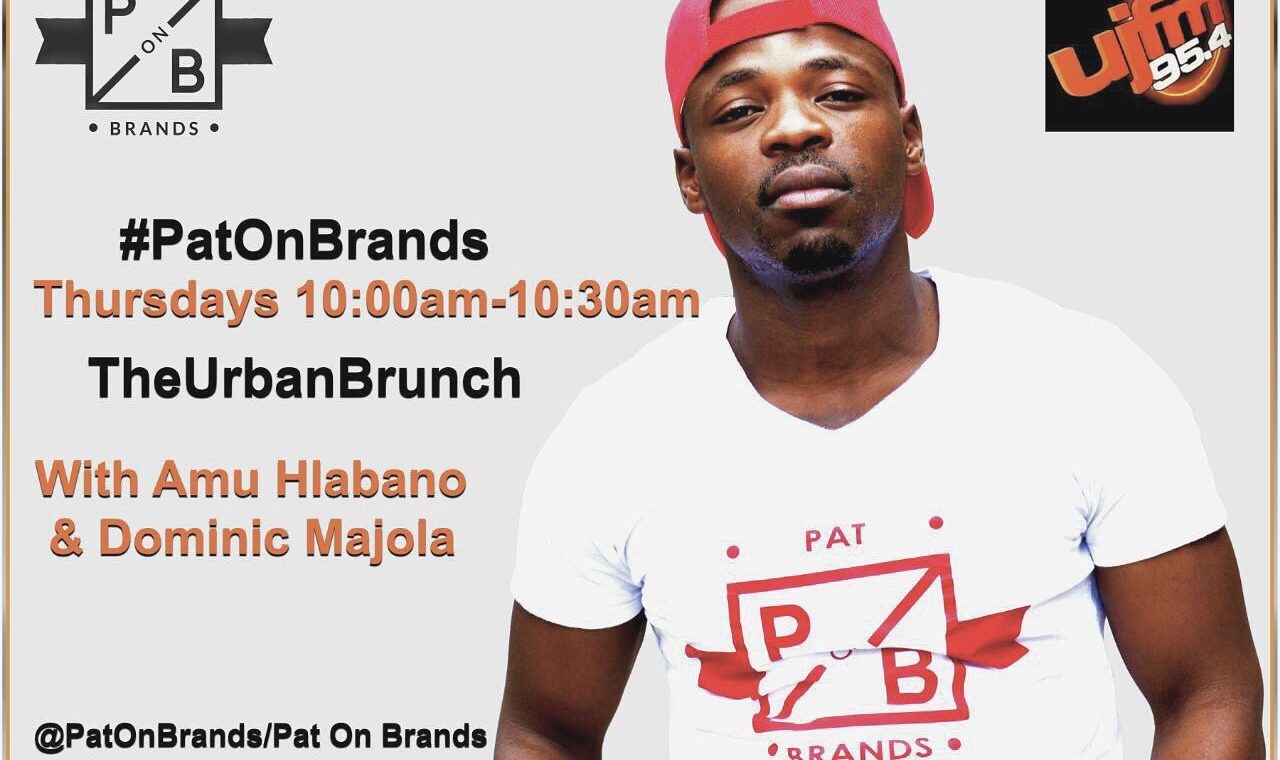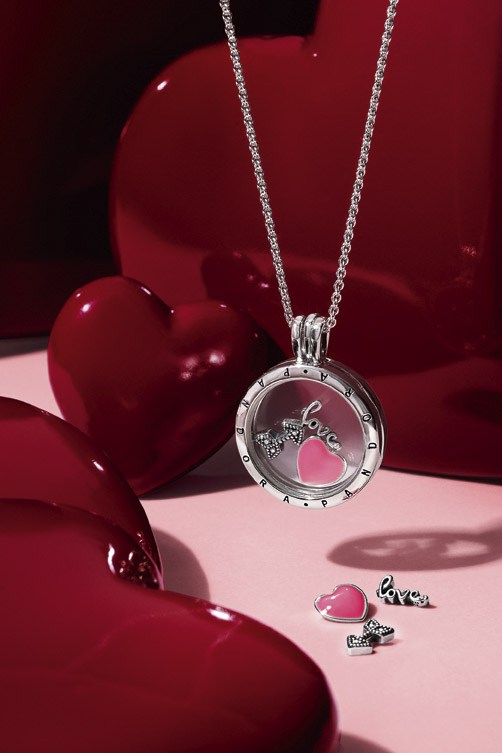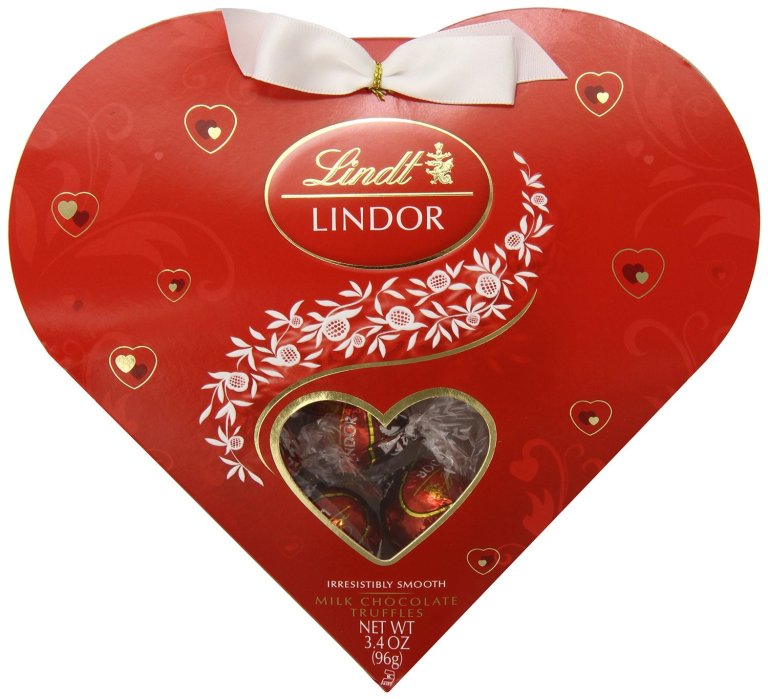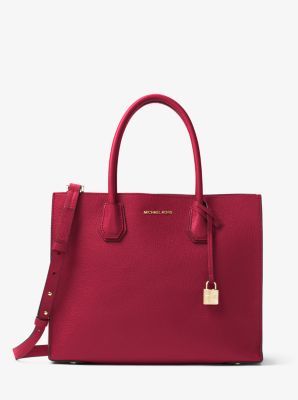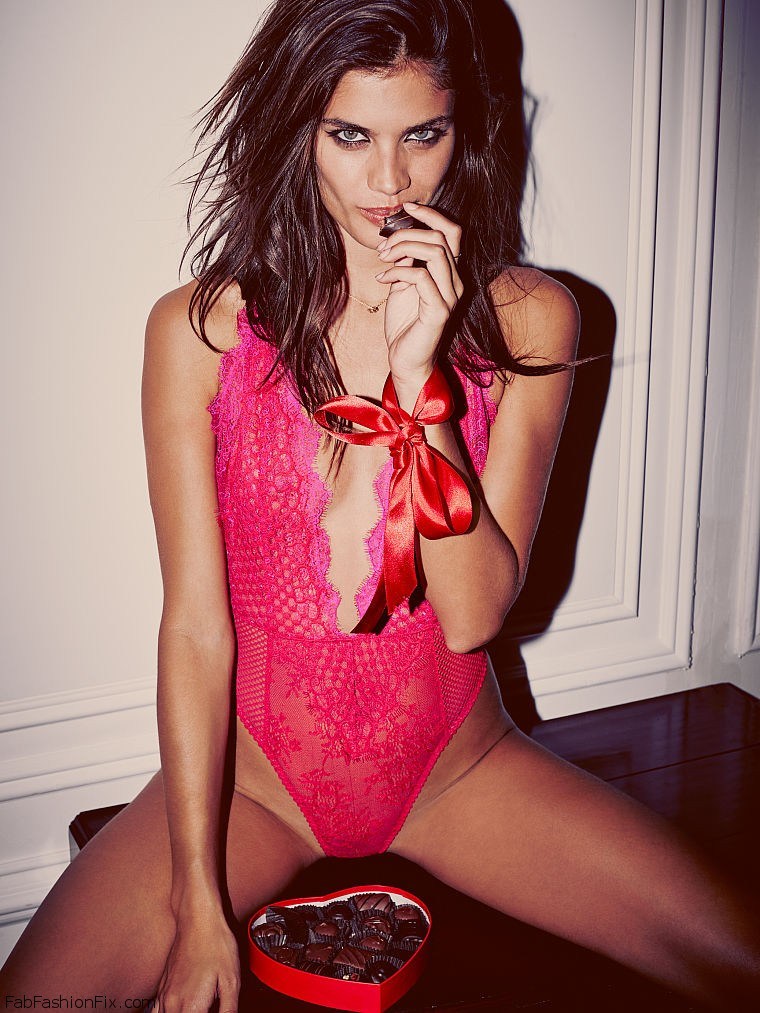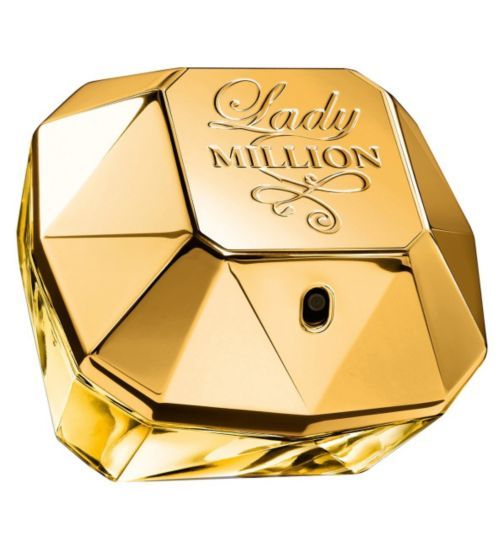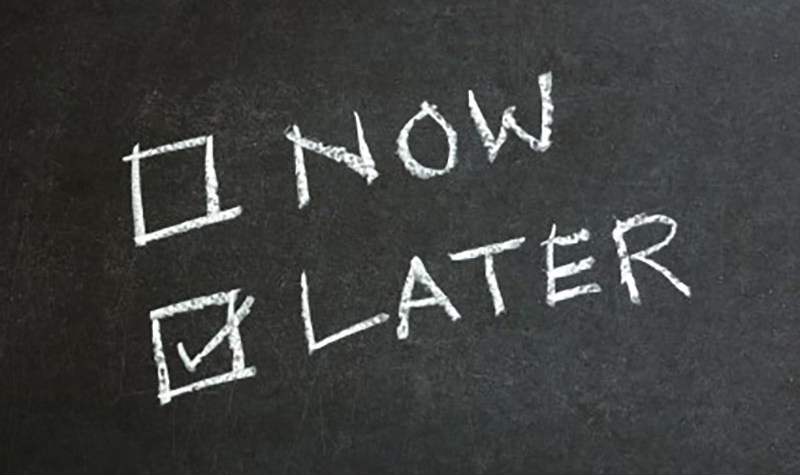2016 was an exciting year that was marked with the victories of a few South African personality brands that dominated the world stage. These stars flew the South African flag sky high and assisted in changing the perception that is held by other nations of South Africa and the African continent at large. The list of these game changers ranges from, musicians, comedians, actors and actresses that became ambassadors of South Africa in the global arena.
In this post Pat On Brands gives “Pats” to those trailblazers that gave the world a wakeup call on South Africa’s talent.
Black Coffee – DJ
According to Times Live, 2016 belonged to Black Coffee. The renowned Disc Jockey has been making strides in the international music scene though the world took note of this in 2014 when he publicised his very own international tour. To many house music fans, Black Coffee is a living legend and to many aspiring DJs, he is a role model. Black Coffee performed at some of the world’s biggest music festivals such as the Coachella Music Festival in California, Ultra Music Festival in Miami and Coachella Ibiza to name a few. He rubbed shoulders with international stars such as Sean “Didi” Combs, Paris Hilton and Swizz Beats. Black Coffee also compiled a remix of Alicia Keys’ hit single In Common, which most fans confirmed as one of the best versions of the song produced. What makes Black Coffee number one on this list is his victory at the 2016 BET Awards where he won the Best International Act: Africa Award which made him the first South African music artist to win the BET Award. President Jacob Zuma congratulated him for the accolade, saying he is an inspiration to the South African youth. A big fat Pat on Black Coffee!

Trevor Noah – Comedian and Talk Show Host
From being born of a crime to hosting one of the biggest television shows in the world and being New York’s best-selling author, 2016 was definitely a great year for Trevor Noah. According to The Guardian, Trevor Noah’s life is about achieving the impossible. Of course, who would have ever thought that a boy from the dusty streets of Soweto would go on to interview one of the world’s most powerful men? In 2016, he had an interview with the outgoing President of the United Stated of America, former President Barak Obama. Trevor is definitely one of the greatest celebrity exports of South Africa and a true ambassador for the nation. A big, amusing Pat on Trevor Noah!

Wayde van Niekerk – Athlete
If there is another individual that had a fantastic 2016, it is Wayde Van Niekerk. He won a gold medal in the 400 metre race in a record time of 43.03 seconds, breaking a 17 year record by the famous Michael Johnson of 43.18 seconds. The Daily Maverick proceeded to name Wayde the Sports Person of the Year, breaking a world record of the greatest achievement ever attained by a South African athlete. This accolade saw him being named the Male Athlete of the Olympics at the Association of National Olympic Committee’s awards in Doha. It is without any doubt that he made South Africa proud, with the Minister of Sports, Fikile Mbalula saying his performance at the Olympics put South Africa on the map. A big, sportman’s Pat on Wayde.

Pearl Thusi – Actress, Model, entrepreneur and Presenter
The name Pearl Thusi has been echoed on the corridors of most South Africans for various reasons. Pearl Thusi is that “girl” that Emtee goes on about in his hit single, entitled Pearl Thusi. She is a pure combination of beauty, talent and brains. Pearl Thusi is an actress, model, entrepreneur and a presenter. She has her own brand of hair products called Black Pearl, however that is not the reason why she is on this list. On the 25th of September 2016, Pearl Thusi made her debut on Quantico, an American hit crime drama series. According to You Magazine, her acting on Quantico is world class. This made her brand global and raised the South African flag high. A big Quantico Pat on Pearl Thusi.

Bonang Matheba – Radio and TV Personality
Affectionately known to her fans as “Queen B” and to the media as Mzansi’s “it girl”, Bonang Matheba is probably one of the most successful female entertainers of our time. She hosted the MTV Music Awards red carpet experience on her own, which in her view gave credence to the effort that she has been putting in her work. Bonang was called in to host the MTV Africa Music Awards show promptly after Trevor Noah called in sick and her brilliant execution had tongues wagging even weeks after the show. This was an event that got Somizi saying “Bonang was born ready”. She also bagged an endorsement deal for Ipanema (a Brazilian shoe brand) which made her the first African ambassador for the brand. At this rate, Bonang will definitely continue to be a true ambassador for South Africa. A big celebrity Pat on Queen B!

Cassper Nyovest – Rapper
Cassper Nyovest had a successful year. From being the first South African ever to be a guest on Sway In The Morning breakfast show to being nominated for the BET Best International Award: Africa. Known to his fans as “Abuti Fill Up”, Cassper went on to fly the South African flag in Germany where he performed in multiple locations. A big fill up Pat on Cassper!

AKA – Rapper
AKA, one of the most controversial but talented celebrities in South Africa took to the global stage and represented South Africa before multitudes. AKA was the first South African musician to have one million followers on Twitter and was also the first South African rapper to appear on the popular American show 106 & Park. AKA was nominated for the BET Awards for Best International: Africa. He was also the only African artist to perform at the BET Experience where he shared the main stage with the likes of Snoop Dogg, Nick Cannon, Rae Sremmurd and Designer just to mention a few. A Big BET Pat on AKA!

Terry Pheto – Actress
Terry Pheto has been making great strides in the international film industry. Amongst other films, she starred in the Academy Award winning film, Tsotsi. In 2008, she became the first South African to be the face of global cosmetics brand L’Oréal. Terry went to become the first South African to star in one of the world’s popular soapie, The Bold and The Beautiful in 2011. What puts her on this list are her accomplishments in 2016 where she was nominated for the British Independent Film Awards for her role as Naledi in A United Kingdom alongside Naomi Harris and Gemma Arterton in the category of best supporting actress. A Big Motion Picture Pat on Terry!

Carol Tshabalala – Sports Anchor
Carol Tshabalala has over the years proven why she is the undisputed First Lady of Sport with her work being globally recognised and respected within the sporting fraternity. This year she raised the bar and became the only African and one of the few ladies to join the English Premier League sport casters. She is a true ambassador for South Africa. A big soccer Pat on Carol.

Tlhompho Kekana – Soccer Player
Based on a FIFA report Tlhompho Kekana has never scored a goal before for South Africa until this year when he scored at the CAF qualifier against Cameroon. For his first goal, the Mamelodi Sundowns defender had the courage and skill to shoot and score from inside his own half. This goal put him in the league of David Beckham and Xabi Alonso. It is for this reason why he got nominated for the prestigious FIFA Puskas Award. Tlhompho Kekana is not only representing South Africa at the FIFA Fuskas America but the entire African continent. He is the only African footballer to be nominated for the award this year and he is competing with Lionel Messi, Nayma and others. The award ceremony is scheduled to take place next year in Zurich, Switzerland on the 9th January. You can vote for him here. We wish him well and a big Legend’s Pat on him.

Ntando Mahlangu – Athlete
At the tender age of 14, Ntando Mahlangu has set world records. This year, he set the 400m T42 World Record (53.19s) to add to his African records in the 100m (13.34s), 200m (26.20s) and, unofficially, the 800m (2:14.00s). At the 2016 IAWS U23 World Games in June/July this year, he won gold in the T42 200m (25.89s) and in the 800m (2:06.70s), beating his own world record. He also won gold in the 100m (13.13s), and beat his own world record in the 400m (52.61s). Most people learned about him when he won the Silver medal at the Paralympics in Rio de Janerio, Brazil. This achievement is the one that made him a recognised ambassador for South Africa. Antoinnette Muller wrote that, Ntando is not the next “so and so” in the international Paralympics stage. “He’s just the first Mahlangu and he has the world at the tips of his blades”. A lightning speed Pat on this young man.
Caster Semenya – Athlete
Another Athlete that had a fantastic 2016 and made South Africa proud is Caster Semenya. Caster won an Olympic gold medal in the 800m final and set a new national record in a time of 1:55:28. A performance, as reported by some media houses saying she cruised through to victory. The Government of South Africa through the GCIS also issued a statement saying “Caster Semenya gave the world a sterling performance as she broke the national record and breezed through the finish line in the 800m final at the 2016 Rio Olympic Games and took gold”. A big vitality Pat on Caster!

If you like this post, SHARE IT.
Also do remember to get in touch with @PatOnBrands on Twitter, Facebook, Instagram and SnapChat.










